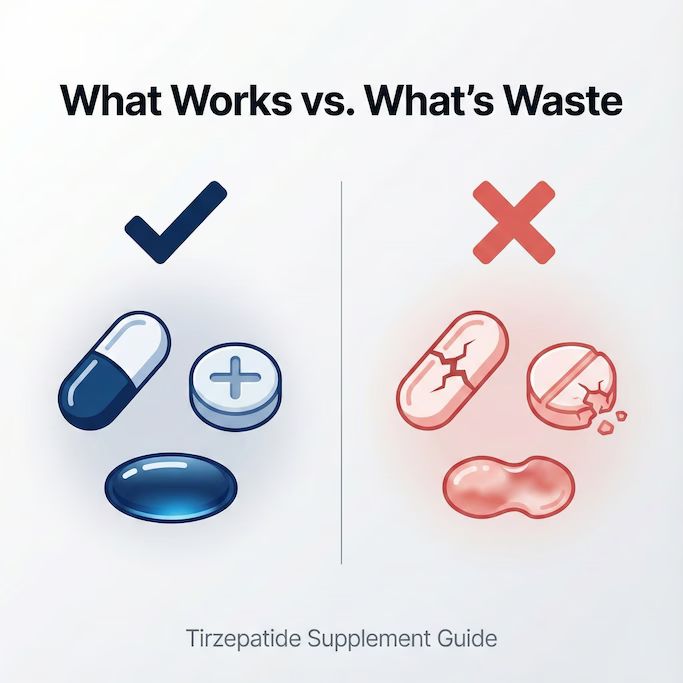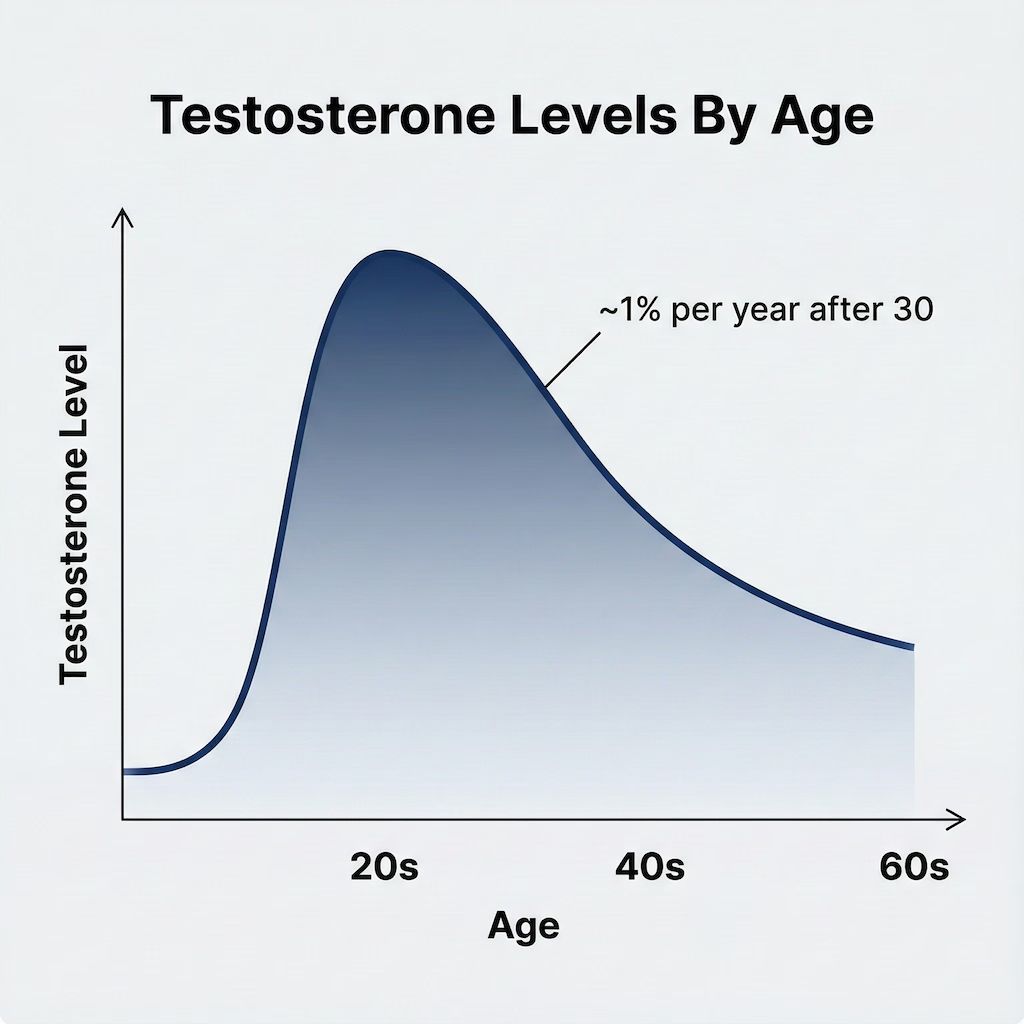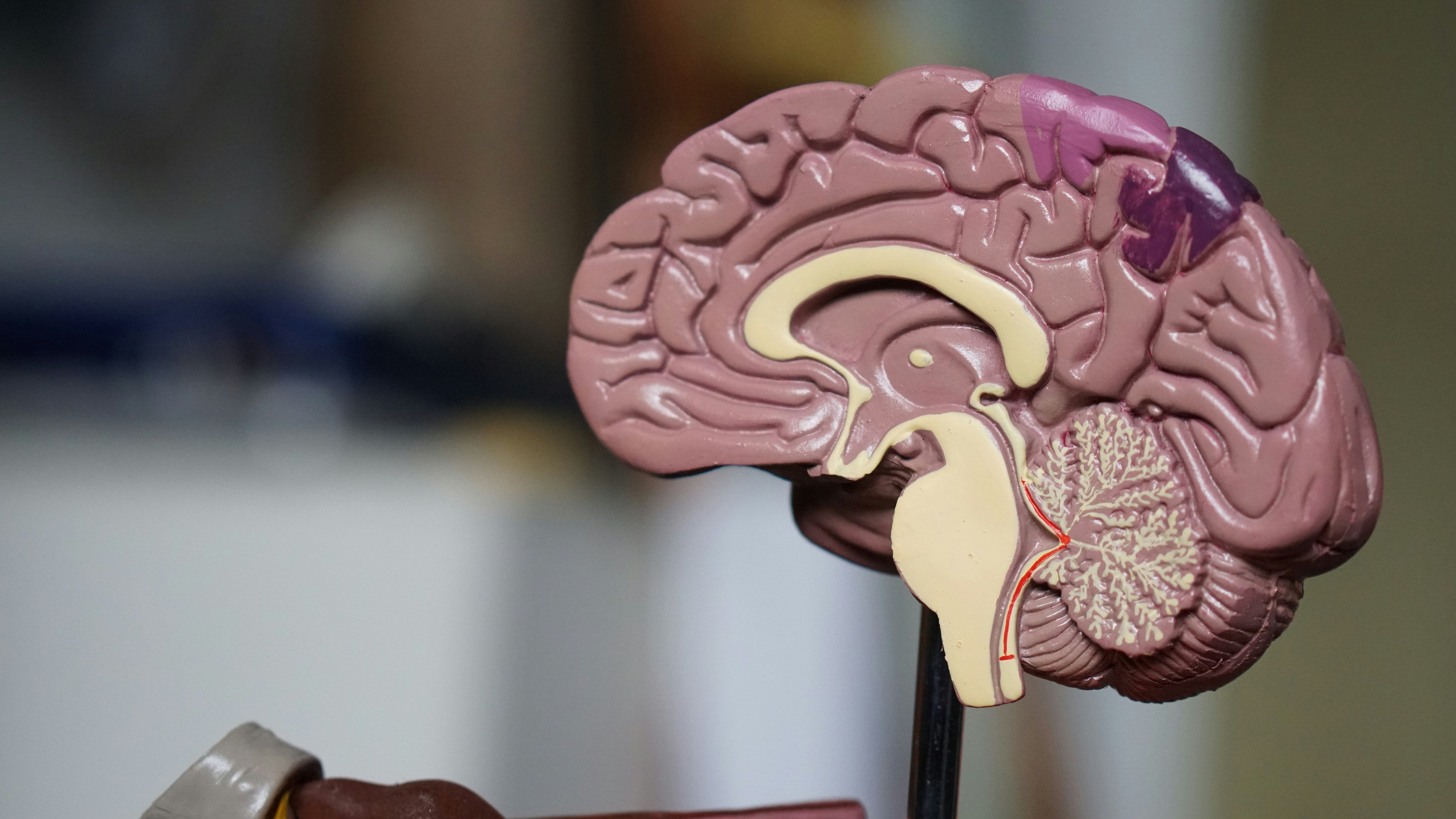Some important takeaways
- A 2017 study of participants with psoriasis found that those with depression were at a 37 percent greater risk for developing psoriatic arthritis.
- High stress levels can lead to digestive issues, headaches, and even a lower pain tolerance.
- Anxiety can lead to tightness in your neck, head, and shoulders.
- Coping with stress may help lessen feelings of physical pain.
Have you ever been so angry or sad that you felt physically sick? Or experienced so much joy that you saw an uptick in your energy? While you may chalk this up to the placebo effect, research indicates that your emotional, mental, and physical health actually impact one another.
And, no, it’s not woo-woo. High stress levels, constant anxiety, and depression can all contribute to you feeling actual physical pain. Here, we turn to the research to learn more about the mind-body connection.
Understanding the mind-body connection
No, you’re not imagining it. Recent research supports the idea of a strong mind-body connection. A 2017 study published in the Journal of Investigative Dermatologyinvolving more than 70,000 people with psoriasis found that participants with depression were 37 percent more likely to develop psoriatic arthritis — psoriasis accompanied by pain and inflammation around your joints — than those who didn’t have depression. The study also accounted for external factors, such as alcohol use and the age of participants.
While it’s unclear why the presence of depression increases someone’s risk of developing psoriatic arthritis, the researchers propose a few different ideas. It could be related to systemic inflammation that can develop when someone is experiencing depression. Or it could be related to lifestyle factors like diet and physical activity. Depression and anxiety can often cause you to eat worse or move less. These behaviors repeated over and over (and over) again can cause a number of physical health issues.
How your emotional and mental health can manifest in your physical body
You don’t have to be experiencing the worst (or best) moments of your life for your mental or emotional health to show up as physical symptoms. Here’s how your mind can directly impact your body:
- High cortisol levels: Cortisol, your body’s primary stress hormone, tends to surge when you perceive a threat — whether the threat is real or imagined. While this is your body’s natural physiological response, consistent high cortisol levels can manifest as physical symptoms, such as digestive issues, headaches, muscle tension, and muscle pain.
- Physical pain: Constant stress does more than just interrupt your sleep and your mood. It also may lower your pain tolerance. Serotonin and norepinephrine — neurotransmitters that act as your body’s chemical messengers — are not only responsible for your mood regulation, attention span, and cognitive function, but also your perception of pain. When these messengers are hindered by anxiety or depression, your pain signaling and tolerance is also impacted. As a result, you may feel physical pains, such as migraines, more intensely.
- Upset stomach: Ever experience a gnawing pit in your stomach accompanied by anxious feelings? It’s a common sensation, and it’s not imagined. That so-called pit may be digestive issues brought on by stress. Your gut contains a large number of nerves, making it particularly sensitive to the release of chemicals or hormones. When you get stressed, anxious, or nervous, those signals are sent to your stomach, often resulting in a gastro-related issue.
- Tight muscles: If you find yourself experiencing muscle fatigue, tightness, or shakiness, you may assume you caught the common cold or the flu. However, these symptoms could be indicators of high levels of stress or anxiety. While it can be difficult to tell the difference between the two, experts recommend looking to the location of your tightness for clues. The flu may cause an all-over ache and pain; anxiety and stress tend to cause localized tightness in your neck, head, and shoulders.
How to support your mental health
Once you realize you need to get your mental and emotional health in check, it’s important to take the steps to get your body to a more balanced place. Luckily, getting started with that doesn’t have to be overly complicated. Sticking to the basics, like getting good sleep, eating a balanced diet, exercising regularly, and seeing a therapist can help you maintain your emotions, mental state, and consequently, your physical health.
Dr. Cam’s Health Hack
Still skeptical? Consider this perspective from Dr. Cam:
"Really Unpopular Opinion: emotional pain is not that much different than physical pain (in terms of neuroinflammation). Once you accept this first principle, you'll realize that future antidepressant drugs are going to be non-opioid pain relievers that are repurposed to improve mood."
Disclaimer: The contents of this article, including, but not limited to, text, graphics, images, and other information, is for information purposes only and does not constitute medical advice. The information contained herein is not a substitute for and should never be relied upon for professional medical advice. The content is not meant to be complete or exhaustive or to be applicable to any specific individual's medical condition. You should consult a licensed healthcare professional before starting any health protocol and seek the advice of your physician or other medical professional if you have questions or concerns about a medical condition. Always talk to your doctor about the risks and benefits of any treatment. Never disregard or delay seeking professional medical advice or treatment because of something you have read on this site. Maximus does not recommend, endorse, or make any representation about the efficacy, appropriateness, or suitability of any specific test, products, procedures, treatments, services, opinions, healthcare providers or other information contained herein. Maximus is not responsible for, nor will they bear any liability for, the content provided herein or any actions or outcomes resulting from or related to its use.





